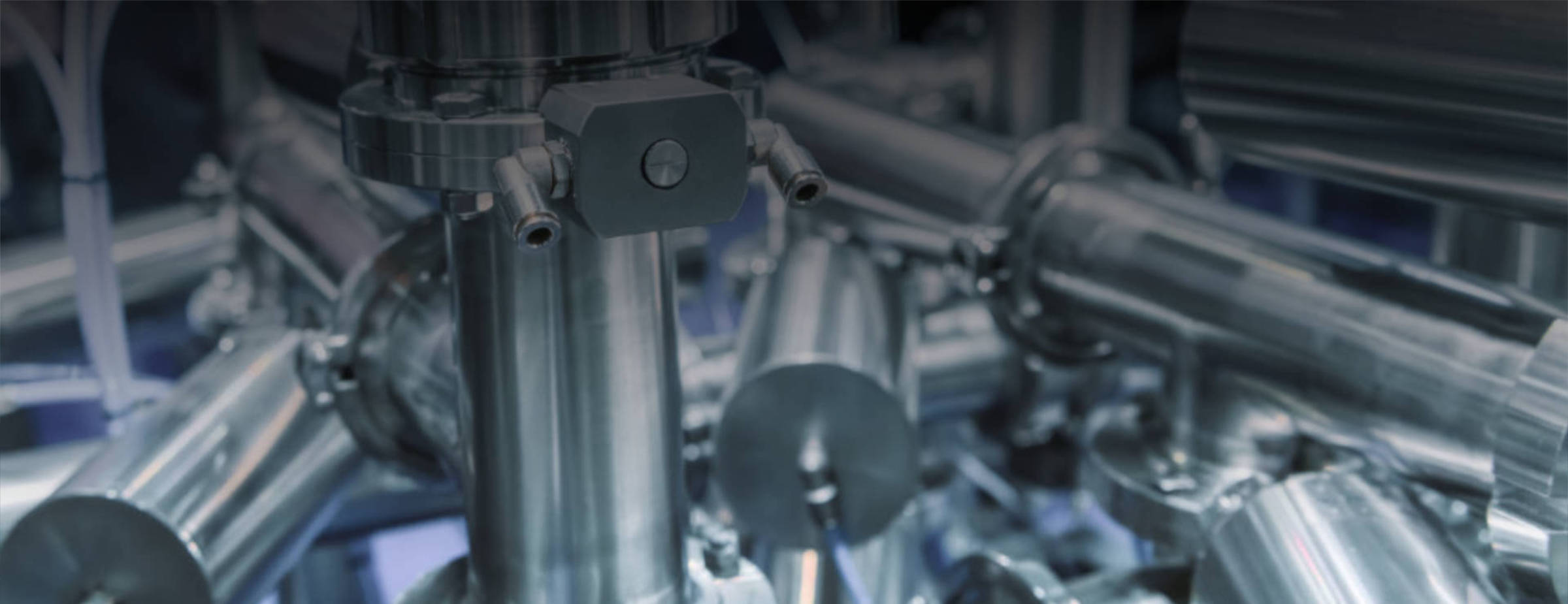
Blog
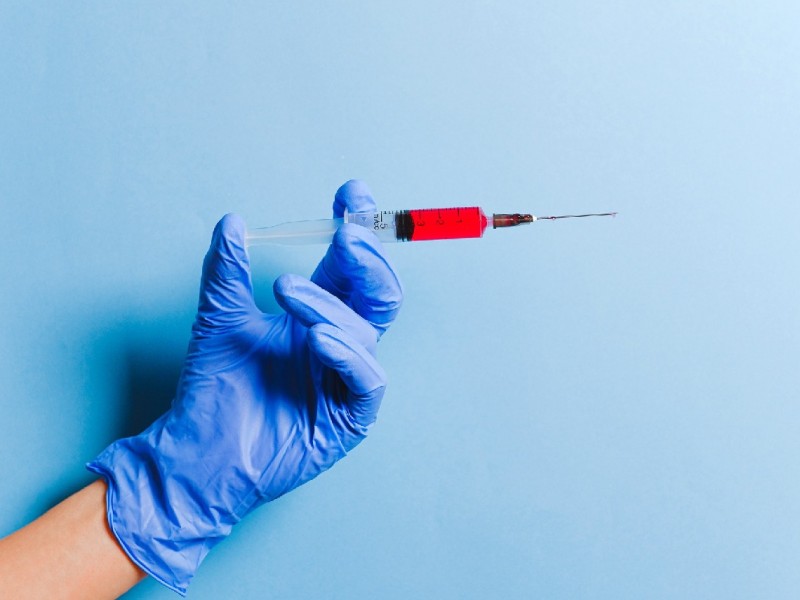
A solution for dialysis waste disposal – handing the removal of hazardous medical waste onsite
The correct and safe disposal of medical waste is a challenge that all medical facilities must face, and dialysis centers are no different. In Celitron’s next article, we will discuss the importance of safely handling potentially infectious and hazardous medical waste products such as dialysis waste, and the benefits of using a cutting-edge disposal solution.
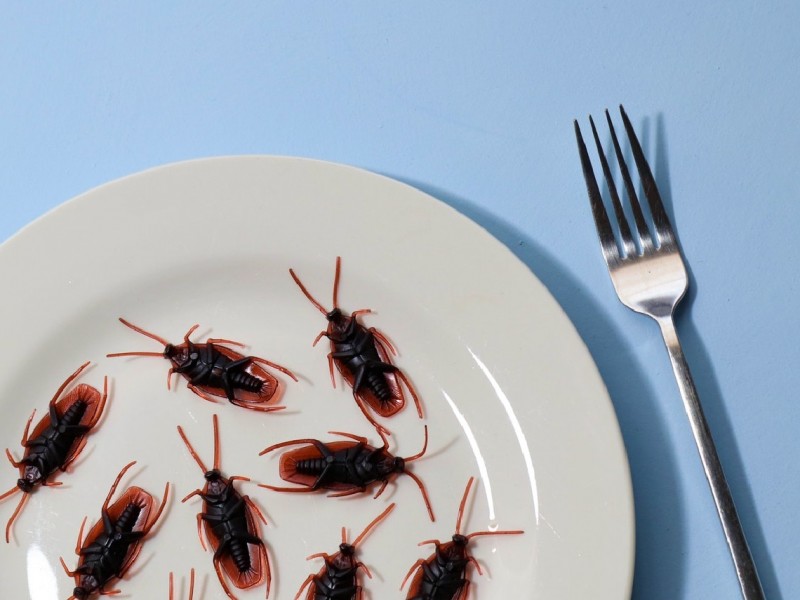
The role of cockroaches in high-protein insect farming and extraction
When one thinks about cockroaches, “quality source of protein” certainly is not the term that jumps into most people’s minds. Well, whether you believe it or not, cockroaches also have a huge role to play in the growing trend of insect protein farming and processing. In Celitron’s next article, you will learn more about what these advantages are, and what insect protein processing equipment you can use at the site of your cockroach farm!
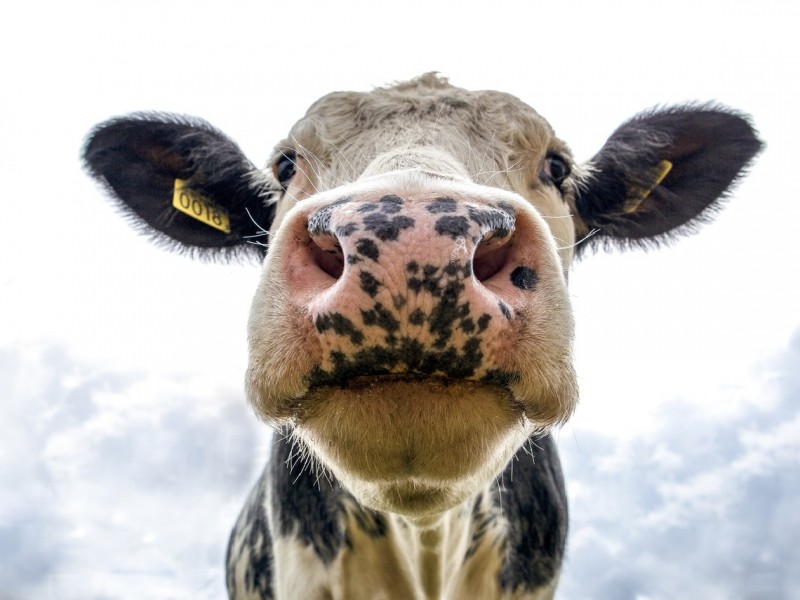
About the mad cow disease: this is how safe cattle carcass disposal is possible
Running a farm or a slaughterhouse is not an easy business. With strict environmental regulations to follow, as well as potential risks that reduce the yield of consumable products farmers need to be on their toes to keep the business running. One such potential risk is disease, and for those raising cattle, the mad cow disease is one of the greatest dangers they can face.
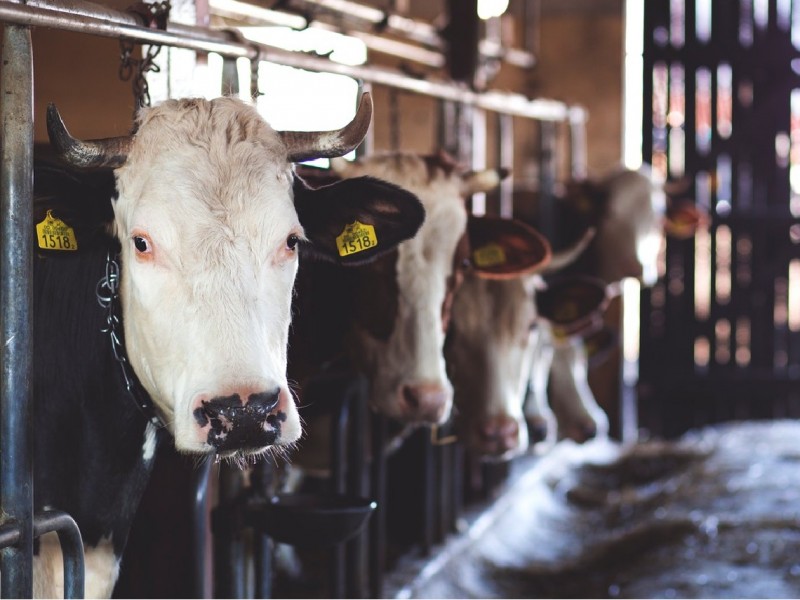
Slaughterhouse rendering: the best way to dispose of carcass waste?
Safe and efficient carcass waste disposal is a major challenge that those working in the agricultural industry must face. Whether you deal with poultry, sheep, swine, or cattle, all livestock can be a potential source of hazardous farm waste, whether they have been affected by a disease or not. However, with many more modern solutions available for carcass disposal, the removal of such waste needn’t only be about respecting regulations: methods like slaughterhouse rendering can also be about rec
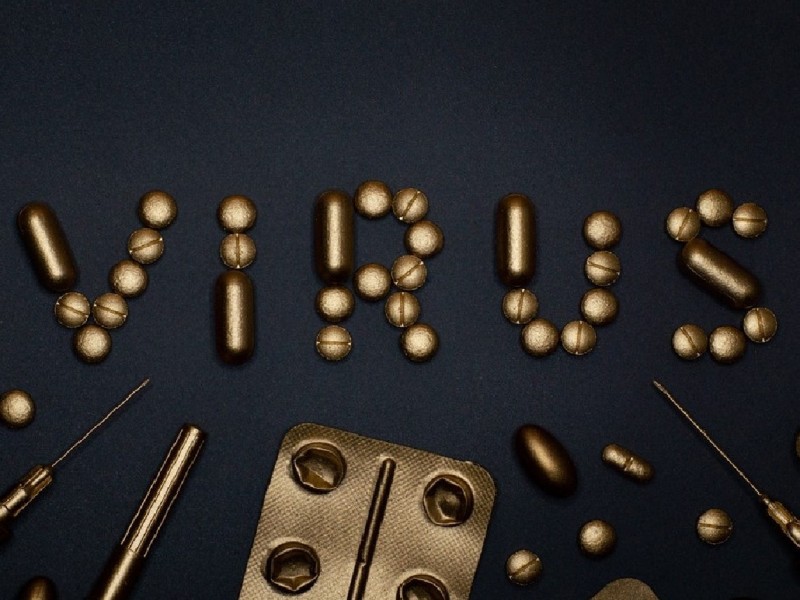
How should healthcare facilities handle COVID waste disposal?
As of October 14th the number of coronavirus cases has reached 38 404 206, with over a million recorded deaths worldwide. This new pandemic has put extra strain on the healthcare facilities of many countries as they have to deal with an increased amount of patients, and thus, an increased amount of medical, COVID related waste as well. Disposal has always been an issue, but capacity will be that much more important for many hospitals and clinics.
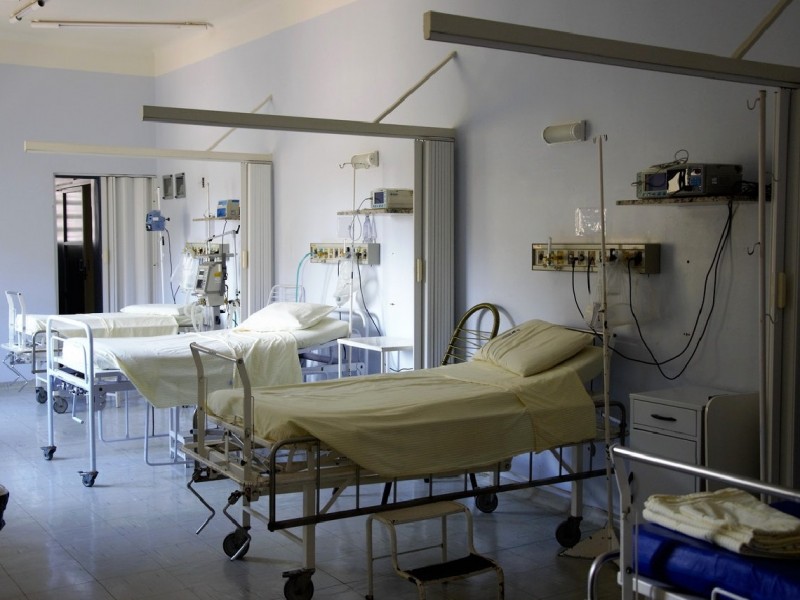
Autoclave definition and meaning – the different uses of steam sterilizers
Autoclaves are among the most effective sterilization methods nowadays, and are used in a wide variety of industries, notably the medical field. Celitron’s models, for example, are already present in more than 40 different countries over the world. Despite such popularity, there are still many facilities out there who are not completely up-to-date about the exact definition and meaning of autoclaves.

A podiatry autoclave guide by Celitron – what is the right steam sterilizer for your clinic?
Autoclaves are among the most prominent methods of medical tool and equipment sterilization, and can be seen in facilities all over the world, including hospitals, dental and veterinary clinics, pharmacies, operating theaters, and even dialysis centers. Celitron can fully attest to their popularity, as we have already sold our autoclave machines in more than forty countries!
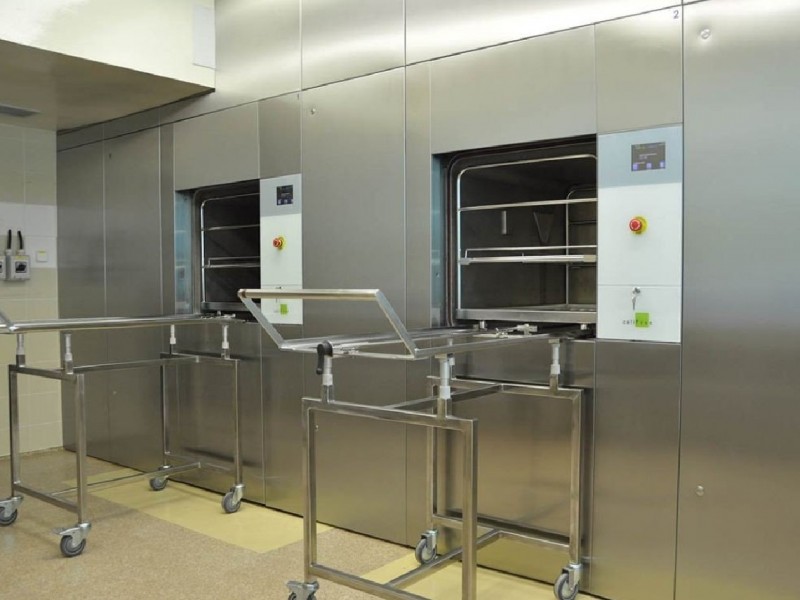
These are the steps of autoclave sterilization process you need to know about
Autoclaves are true marvels of modern technology that continue to help the work of the medical industry each day. Celitron’s work can also confirm this: our steam sterilizers are already present in over 40 countries and have been recommended by sterile processing technicians and doctors alike. But what do hospitals, clinics, pharmacies, and other medical facilities need to know about before choosing an autoclave?
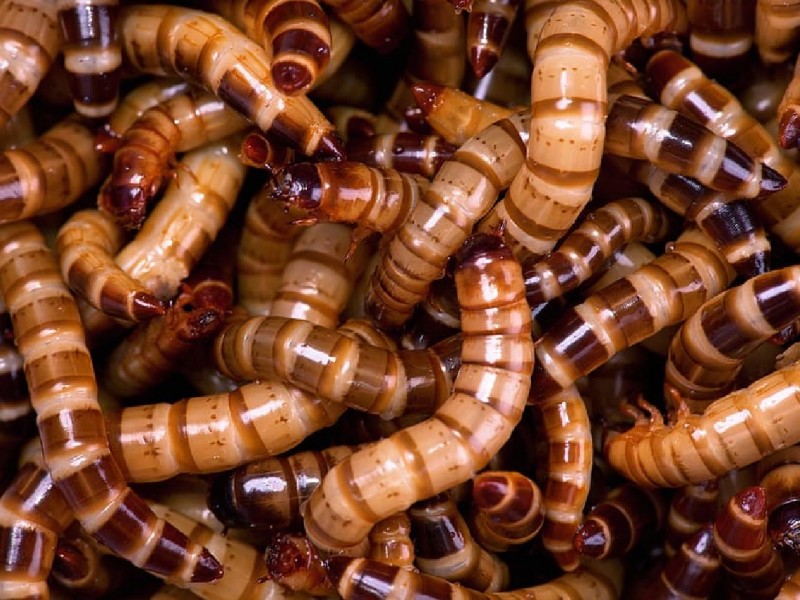
Mealworm insect protein - the farming and extraction of the food of the future
Putting the “meal” in “mealworm” isn’t as outlandish as you might think. As more issues arise about the environmental pressure the traditional meat industry puts on the planet, the global food supply, as well as the increasing world population, insect protein farming and processing is seen by many as the necessary next step to minimize the impact of these complications.
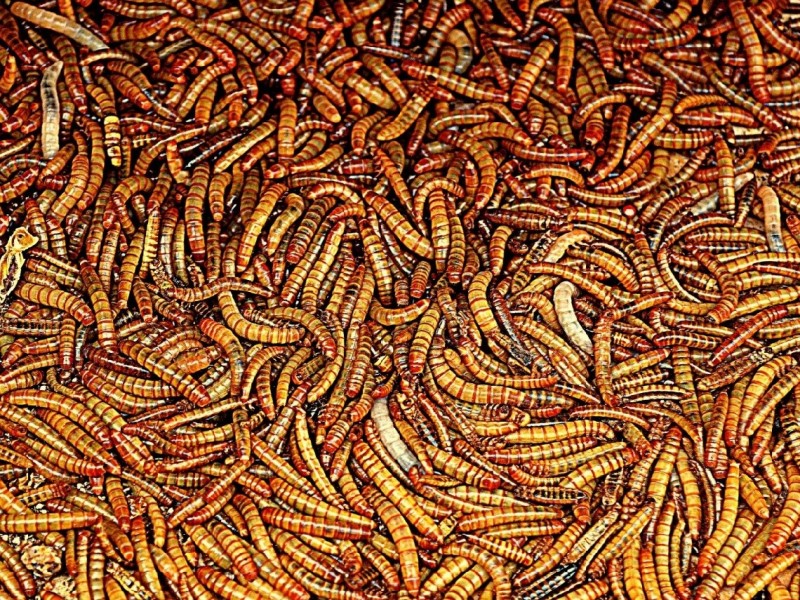
How BSF maggots will lead the way in insect protein farming and extraction
In Celitron’s next article, we will discuss why maggots are almost certain to take a top spot in the future of the agricultural and food industry, and what the best equipment could be for insect protein extraction and processing!
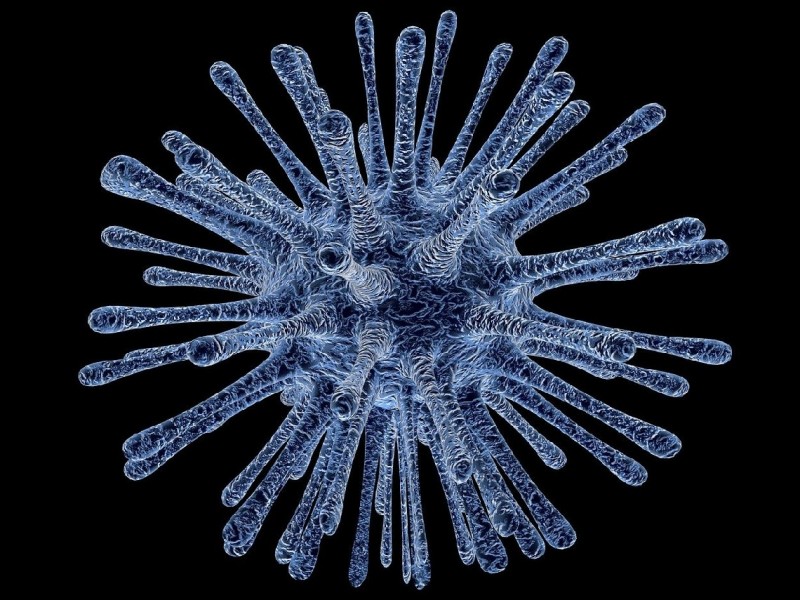
The most effective way to handle infectious medical waste disposal?
In times like the coronavirus pandemic, the burden on the medical industry is even heavier. To guarantee the safety of patients and staff alike, hospitals, clinics, and all other medical facilities must be sure that they have the necessary equipment for both sterilization and the safe disposal of infectious medical waste.

Proper disposal of animal carcasses: what is the “best” method?
How knowledgeable are you about animal carcass disposal options? In the following article, you will find all you need to know about the proper disposal of animal carcasses, the different options available to you, as well as the method we think is best at Celitron.